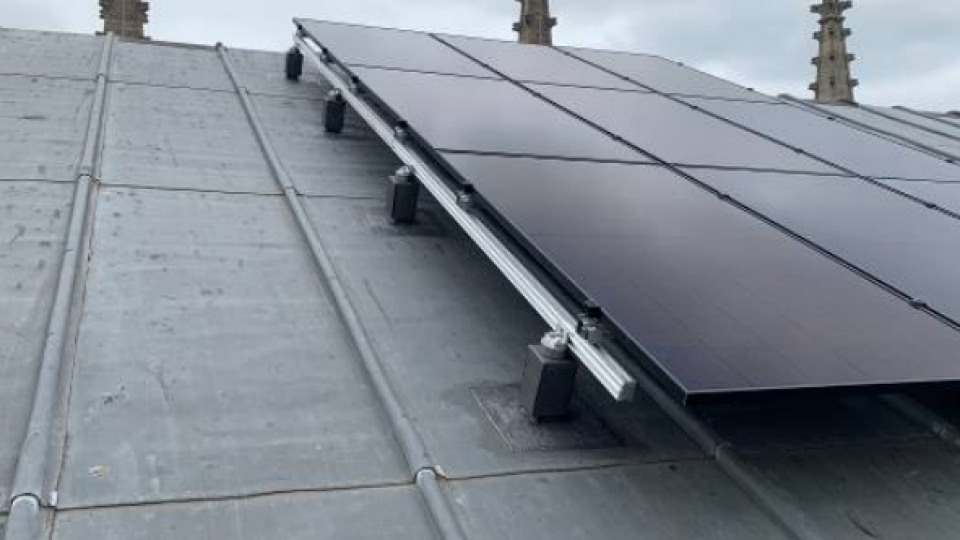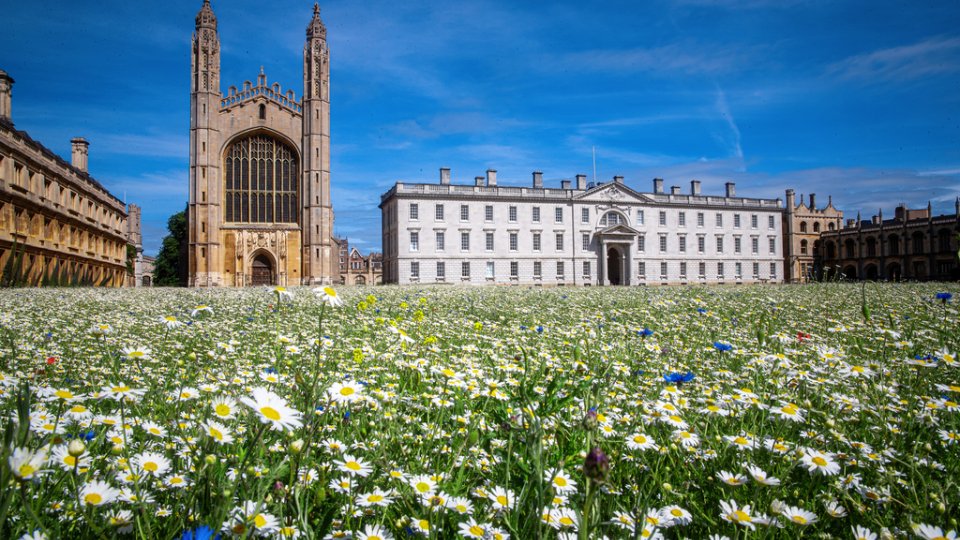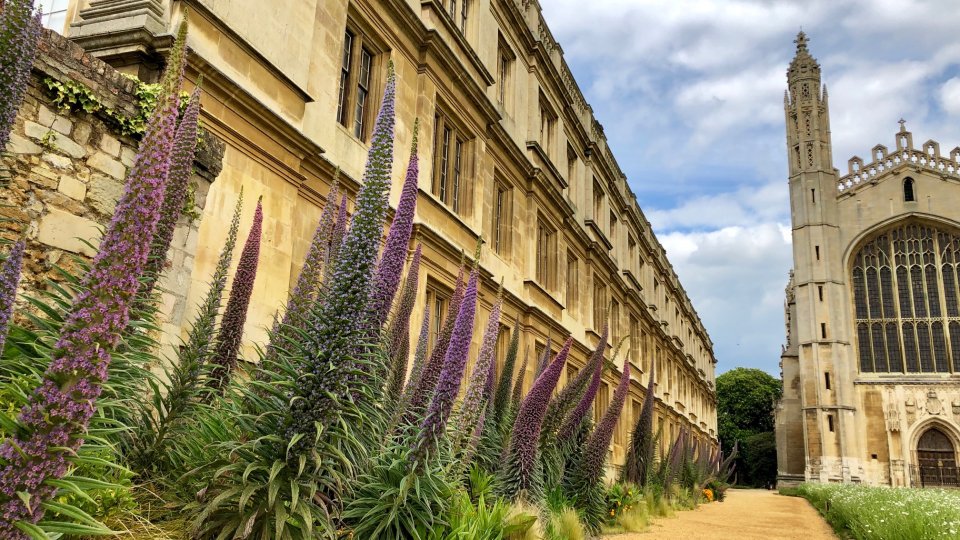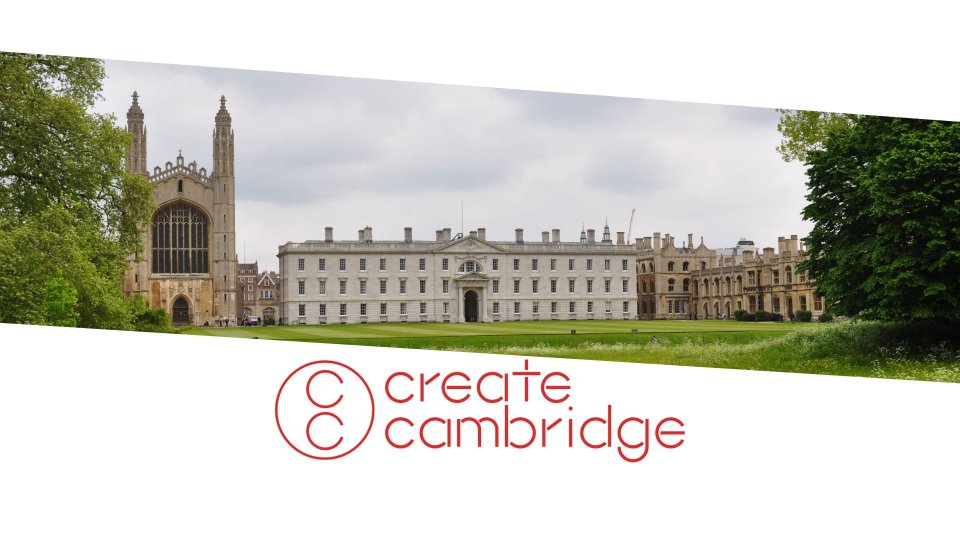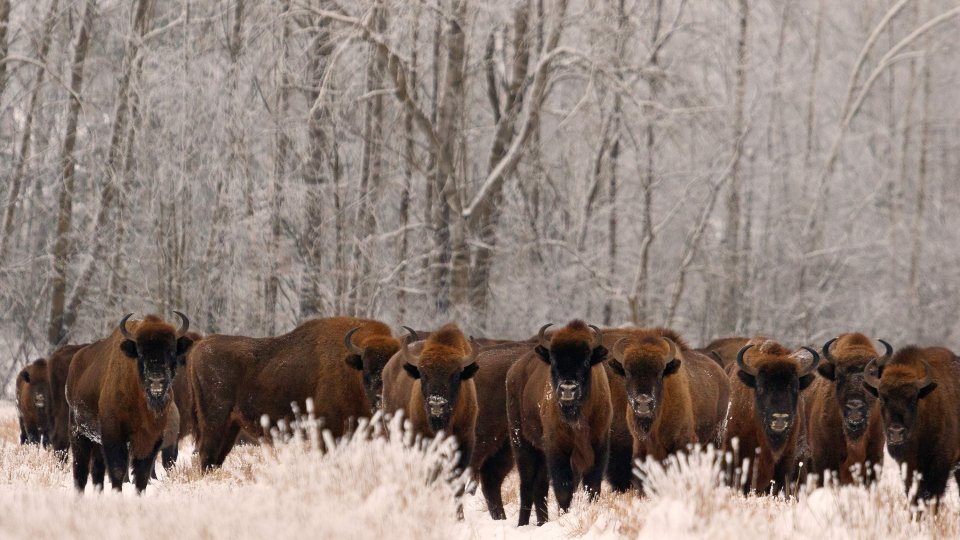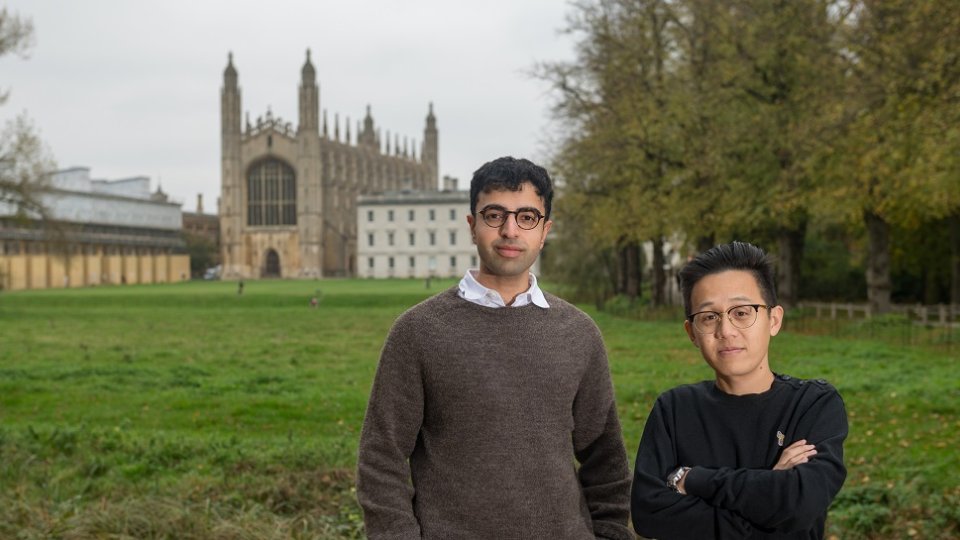Scientists and engineers are helping to address the key challenges of the climate crisis by developing new technologies that lessen the impact of pollution, waste and energy consumption. Our academics work across a wide range of fields including ecology, chemistry, zoology and materials science to investigate ways in which we can reduce emissions and protect the planet. Research at King’s is helping design the next generation of energy storage systems, diminish the ecological damage caused by air travel, and usher in more efficient ways of harnessing renewable energy.
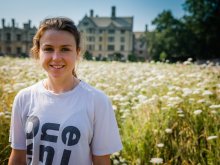
Cicely Marshall is a botanist, plant ecologist and conservationist with an interest in the flora of tropical Africa, in particular West Africa. She works to describe and explain the distribution patterns shown by plant species, particularly globally rare species and locally useful plant species. Cicely combines fieldwork and plant identification with biogeographic, ecological, phylogenetic and modelling methods in order to document hotspots of plant biodiversity, and to understand how hotspots evolved and are maintained. Her work describing hotspot patterns allows more informed land management decisions to be taken, helping to reconcile biodiversity conservation with economic development activities. Cicely also enjoys botanising in the UK, teaching local ecology, and undertaking local biodiversity conservation activities.
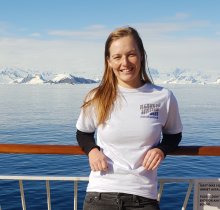
College Research Associate Jasmine Lee is examining the impact of human activity and climate change on Antarctic biodiversity. Jasmine’s research focuses on determining how factors such as tourism, pollution and non-native species affect the terrestrial biodiversity of Antarctica, including mosses, lichens, microbes, invertebrates, and land-breeding seabirds. These species survive in small patches of permanently ice-free land but are increasingly under threat. Through a combination of methods including modelling and spatial analyses, Jasmine's research assesses the significance of these threats and identifies methods for their mitigation. Alongside her role at King's, Jasmine holds an 1851 Research Fellowship at the British Antarctic Survey in Cambridge having completed her PhD at the University of Queensland.

Research Fellow Gabriela Montejo-Kovacevich is an evolutionary biologist with a passion for natural history. For her PhD, she joined Professor Chris Jiggins at the Department of Zoology in Cambridge to study adaptation to altitude in tropical butterflies. By combining extensive fieldwork along the Andes, experiments, and whole-genome sequencing of over 600 butterflies, she has shed light into the phenotypes and evolutionary processes that allow organisms to inhabit a wide range of elevations in the tropics. Gabriela’s current work focuses on rapid evolutionary adaptation, through study systems such as invasive Helicoverpa moth pests in Brazil and insect biocontrol releases in the Cook Islands, to help elucidate the key conditions for the survival of species in the face of global change.

Sebastian Eves-van den Akker studies plant-parasite/pathogen interactions based at the Crop Science Centre, an alliance between the University of Cambridge and National Institute of Agricultural Botany. The overarching theme of his research is to combine genomics and molecular biology to understand fundamental questions in host:parasite biology. Sebastian's group primarily focus on plant-parasitic nematodes because: i) they are a threat to food security in developed and developing countries, and ii) underlying this threat is a wealth of fascinating biology that until very recently has been largely unexplorable.

New propulsion system configurations have the potential to deliver significant reductions in aircraft emissions and fuel consumption. However, there are numerous technical challenges to their development. Three King's Fellows are based at the Whittle Lab which is helping accelerating the development of decarbonisation technologies in aviation and beyond. James Taylor specialises in aerodynamic improvements to engine efficiency, electric driven propulsion, three-dimensional flow topology, tip clearance flows, machine learning techniques and in-service performance of aero engine components; Chez Hall has, since 2005, been developing research into the areas of aero-engine design for reduced emissions, engine-installation interaction and low-noise turbomachinery; while Nick Atkins' work on secondary air systems and turbine heat transfer uses a combination of numerical and experimental methods.
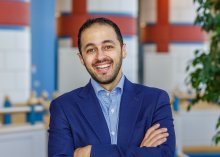
Kamiar Mohaddes is a macroeconomist at the Cambridge Judge Business School currently working on quantifying the macroeconomic effects of climate change as well as identifying the risks from climate change to the economy, so as to help inform the design of mitigation and adaptation policies and supporting institutions. He is currently a consultant at the Inter-American Development Bank and has previously served as a Departmental Special Advisor at the Bank of Canada, a consultant at the United Nations, a consultant at the Asian Development Bank and a regular visiting scholar at the International Monetary Fund. Kamiar co-authored an Energy Economics study, based on data for 174 countries over the years 1960 to 2014. The study finds that per-capita real output growth in all countries – whether rich or poor, hot or cold – is adversely affected by persistent changes in the temperature above or below its historical norm.
Kamiar is Co-Founder and Director of the King’s Entrepreneurship Lab.

Research Fellow Shannon Bonke is a renewable energy scientist researching catalysts for energy conversion and storage reactions, especially the synthesis of fuels from solar power. Shannon’s research on energy conversion and storage aims to break the link between modern life and environmental destruction. He is developing energy storage systems to manage the natural intermittency of solar and wind power, and thereby enable the modern standard of living to be entirely powered by renewable energy. Through this associateship at King’s, he will examine how communication of energy supply solutions affects the perception of Net-Zero, and the policy framework required for these emerging technologies to enable thriving Net-Zero economies.
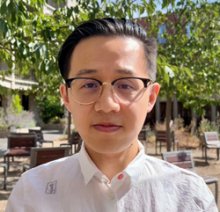
Research Fellow Zhuangnan Li is a chemist and material scientist interested in next-generation energy storage technologies. His research focuses on atomically thin two-dimensional materials for high-energy, fast-charging and long-life batteries. He has demonstrated an electrochemical energy storage device that can be fully charged within 10 minutes, and retain about 99% of its initial capacity after running for 20,000 cycles. His recent study develops a metal-free battery system based on the earth-abundant sulphur element, which can store twice the energy of state-of-the-art commercial lithium-ion batteries. This technological breakthrough has been granted as a patent, and is being built into a start-up by him and co-founders.
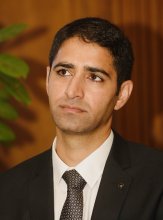
Ibrahim Dar is a Royal Society University Research Fellow in the Cavendish Laboratory, where his interdisciplinary research encompasses chemistry, physics, and materials science to design and understand solid-state semiconductors for light-emitting applications and next-generation solar cells.
To avoid the catastrophic consequences of global warming, humankind must endorse green and abundant sources of energy, such as sunlight. To meet our energy demands and control carbon dioxide emissions into the atmosphere, motivate the scientific community to explore new semiconductors for energy-oriented applications.
Current widely used silicon solar cell modules (for example, installed on King’s Chapel) display efficiencies of around 20%. To break the thermodynamic limit and achieve efficiencies as high as 40%, emerging solar cells must be combined with Si or another low-cost, efficient solar cell in a tandem configuration. Arguably, halide perovskite devices – one of the significant breakthroughs of the 21st century – which Ibrahim’s group is actively pursuing, hold tremendous potential.
In summary, Ibrahim and his colleagues at Cavendish aim to accelerate the development of next-generation solar cells and lighting devices, which will considerably impact the overall renewable energy sector and sustainability.
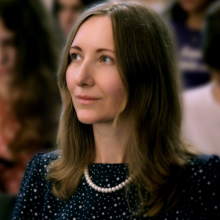
Research Associate Larysa Karachevtseva researches environmental philosophy, a project started at the H.S. Skovoroda Institute of Philosophy of the National Academy of Sciences of Ukraine. Her dissertation was successfully converted into her first monograph The Return of Subject: Rethinking Subjectivity in Post-Heideggerian Discourse (Kyiv, 2019) and since 2021 she has been working on a research project dedicated to the problem of ethics and the environment, entitled 'The Environmental Crisis as an Ethical and Existential Challenge of Nowadays'. As a visiting academic in the University of Cambridge she explores an impact of eco-phenomenology on environmental discourse as well as rethinking the role of ethics in the context of ecocide.
